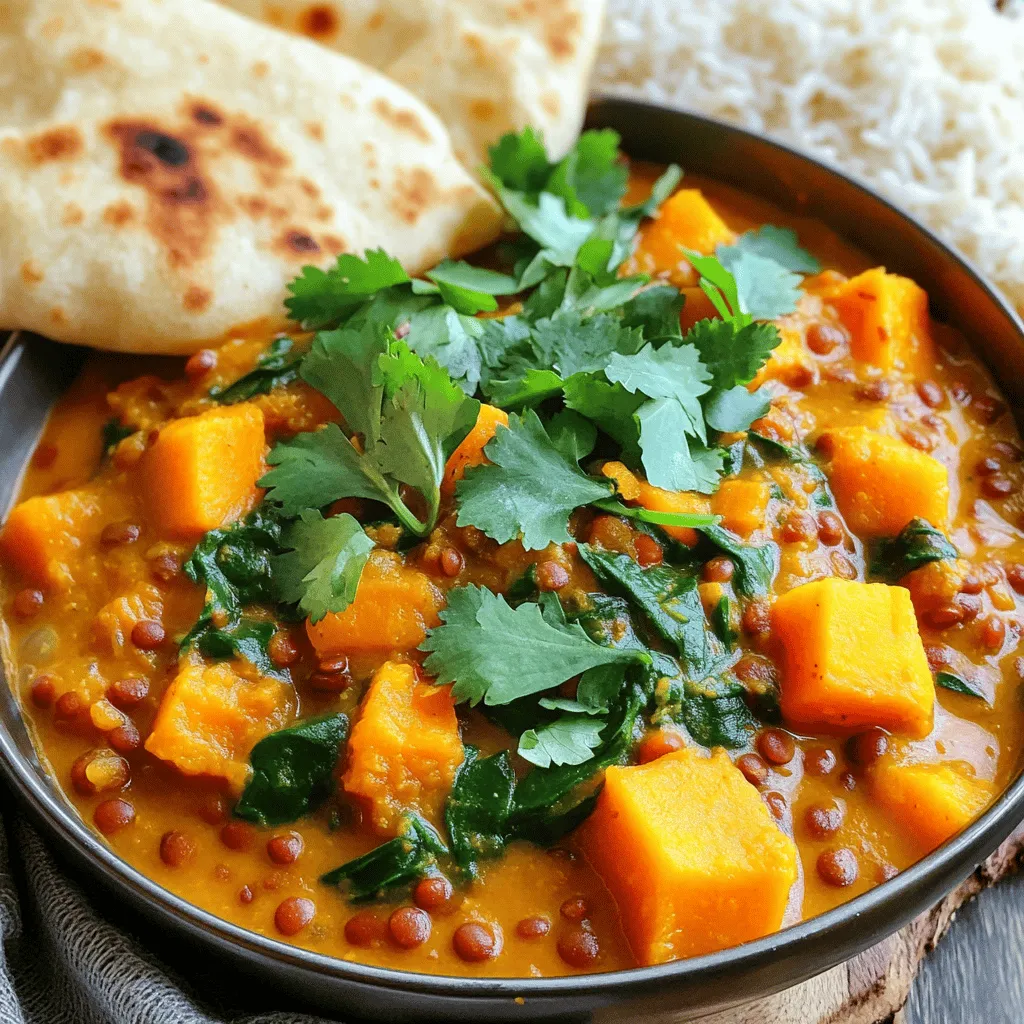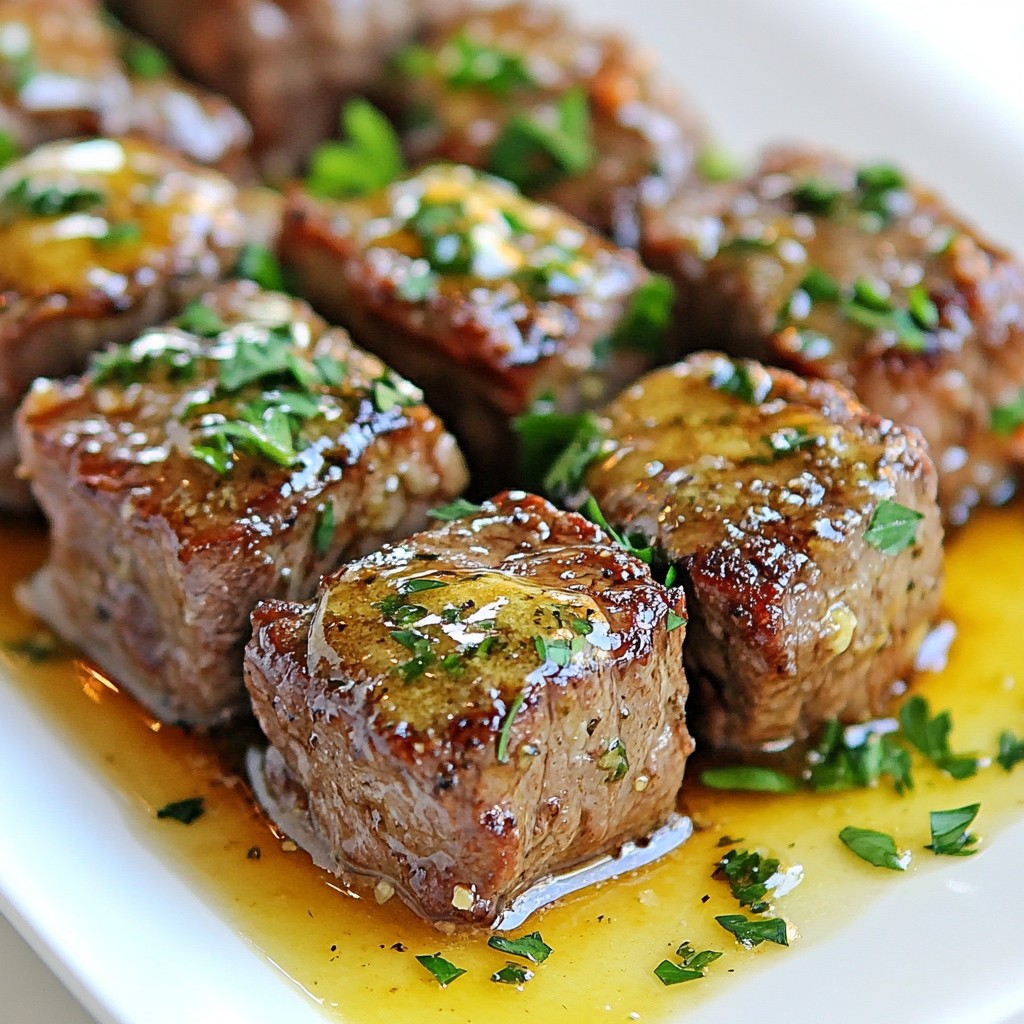Are you ready to savor a warm hug in a bowl? My Slow Cooker Butternut Squash Lentil Curry is here to meet your cravings! This easy, wholesome dish combines sweet butternut squash, hearty red lentils, and creamy coconut milk. With just a few spices, you can enjoy a meal that warms hearts and fills bellies. Let’s dive into this tasty recipe that will ease your meal prep woes!
Ingredients
Main Ingredients
– 1 medium butternut squash, peeled and diced
– 1 cup red lentils, rinsed
– 1 can (14 oz) coconut milk
– 1 can (14 oz) diced tomatoes
You need a few key items for this curry. The butternut squash gives it a sweet flavor. Red lentils add protein and texture. Coconut milk makes it creamy and rich, while diced tomatoes add a nice tang.
Spices and Seasonings
– 2 tablespoons curry powder
– 1 teaspoon ground cumin
– 1 teaspoon turmeric
Spices are important in this recipe. Curry powder brings warmth and depth. Ground cumin adds earthy notes, and turmeric gives it color and health benefits.
Optional Garnishes and Accompaniments
– Fresh cilantro
– Juice of 1 lime
– 2 cups spinach
For garnishing, fresh cilantro adds a burst of flavor. Lime juice brightens the dish, while spinach adds color and nutrients. You can serve this curry with naan or rice for a complete meal.
Step-by-Step Instructions
Preparing the Ingredients
To start, peel and dice the butternut squash into small cubes. Aim for uniform pieces. This helps it cook evenly. Next, rinse the red lentils under cold water. This step removes any dust and makes them clean. Chop the onion finely. Mince the garlic cloves. If you have ginger, grate about an inch of it. This will add a nice flavor to your curry.
Combining Ingredients in the Slow Cooker
Now, let’s layer the ingredients in the slow cooker. First, add the butternut squash, red lentils, chopped onion, minced garlic, and grated ginger. These are your base flavors. Next, pour in the coconut milk and vegetable broth. Then, add the diced tomatoes with their juice. This adds moisture and richness.
Stir in the spices: curry powder, ground cumin, turmeric, salt, and pepper. Mixing the spices well with the vegetables ensures every bite is tasty.
Cooking Times and Settings
You have two options for cooking. For a low heat method, set your slow cooker for 6-8 hours. This gives the flavors time to blend. If you’re in a hurry, use the high heat method for 3-4 hours. Stir the curry occasionally if you can. This helps the ingredients mix well.
About 15 minutes before serving, toss in the chopped spinach. It will wilt nicely in the heat of the curry. Lastly, squeeze in the juice of one lime to brighten the dish. Taste and adjust seasoning if needed before serving.
Tips & Tricks
Enhancing the Flavor
To make your curry even better, you can adjust the spices. Start with the basic amounts, then taste as it cooks. If you want more heat, add more curry powder or a pinch of cayenne. For a milder flavor, reduce the spices.
Adding extra vegetables can also boost flavor. Try carrots, bell peppers, or peas. Just chop them small so they cook well with the squash and lentils. This makes your curry colorful and full of nutrients.
Troubleshooting Common Issues
If your curry is too thick, add more vegetable broth or coconut milk. Stir it in slowly until it reaches the right consistency. You can always add more liquid, but it’s hard to fix a curry that is too thin.
If the spice level is too high, add more coconut milk or a touch of sugar. This helps balance out the heat. Taste as you go to make sure it suits your palate.
Serving Suggestions
For the best side dishes, serve your curry with warm naan or fluffy basmati rice. Both soak up the rich sauce well.
When serving, use deep bowls to hold the curry. Garnish with fresh cilantro for a pop of color. A squeeze of lime juice adds brightness and flavor. This makes the dish look and taste great!

Variations
Ingredient Substitutions
You can change the legumes in this dish. Instead of red lentils, try green lentils or chickpeas. Both options add great texture. You can also use black beans for a twist.
For the squash, butternut is a star, but you can switch it up. Acorn squash or pumpkin work well too. They all bring a slight sweetness and a beautiful color.
Flavor Profile Adjustments
Want more heat? Add chili flakes or cayenne pepper. A little goes a long way. You can also try adding curry paste for a richer flavor.
Fresh herbs can boost your curry. Cilantro adds freshness, while mint gives a nice zing. You can also toss in basil for a unique twist.
Seasonal Variations
Using seasonal veggies can change your curry game. In winter, add root veggies like carrots or parsnips. In summer, bell peppers or zucchini can lighten the dish.
You can adapt for summer cooking by serving it chilled. Let it cool, then serve it over salad or with pita chips. In winter, a warm bowl is comforting, paired with crusty bread.
Storage Info
Refrigeration Guidelines
You can keep the Slow Cooker Butternut Squash Lentil Curry in the fridge for up to five days. Store it in an airtight glass or plastic container. This keeps it fresh and safe. Make sure to let it cool down before sealing it. This helps avoid condensation, which can make it watery.
Freezing Instructions
For freezing, place the curry in a freezer-safe container. Leave some space at the top for expansion. It can last up to three months in the freezer. When you’re ready to eat, thaw it in the fridge overnight. You can also use a microwave for quick thawing.
Reheating Suggestions
You can reheat the curry in two ways: microwaving or stovetop. For microwaving, use a microwave-safe bowl and heat it in short bursts. Stir in between to avoid hot spots. For stovetop, pour it into a pan and heat on low. Stir gently to keep the flavor and texture. Add a splash of water or coconut milk if it seems too thick. Enjoy every bite!
FAQs
Can I make this recipe ahead of time?
Yes, you can make this recipe ahead of time. To do this, follow these best practices for meal prep:
– Prep Ingredients Early: Chop the butternut squash, onion, and garlic a day before. This saves time on the day of cooking.
– Store Separately: Keep the chopped veggies in airtight containers in the fridge. Store the lentils, spices, and coconut milk separately.
– Cook and Store: You can cook the curry and refrigerate it for up to three days. Reheat it in the slow cooker or on the stove.
– Make It Freezer-Friendly: This curry freezes well. Portion it in freezer-safe bags or containers for easy meals later.
Is this dish gluten-free?
Yes, this dish is gluten-free. Here’s how to verify the ingredients:
– Check Labels: Always check the labels on the coconut milk and diced tomatoes to ensure no gluten is added.
– Spices Matter: Most spices, like curry powder and turmeric, are gluten-free. However, confirm your brands.
– Serve with Gluten-Free Sides: Pair this curry with gluten-free rice or gluten-free naan for a complete meal.
Can I add different protein sources?
Absolutely! Here are some great suggestions for plant-based proteins:
– Chickpeas: Canned or cooked chickpeas add a nice texture and protein boost.
– Tofu: Cubed and lightly sautéed tofu can be mixed in for added protein.
– Peas: Add green peas at the end of cooking for extra protein and sweetness.
– Nuts: Toss in cashews or almonds for crunch and protein.
Feel free to mix and match these options based on your taste!
This blog post showed you how to make a delicious slow cooker curry. You learned about key ingredients like butternut squash, lentils, and coconut milk. We discussed spices that add warmth and flavor, plus tips for garnishes. You now know step-by-step instructions for prep and cooking, with helpful tips for flavor and troubleshooting. You can even switch ingredients for a new twist. Whether you store, freeze, or serve, you are ready to enjoy this dish. Try it out and let the flavors shine!




